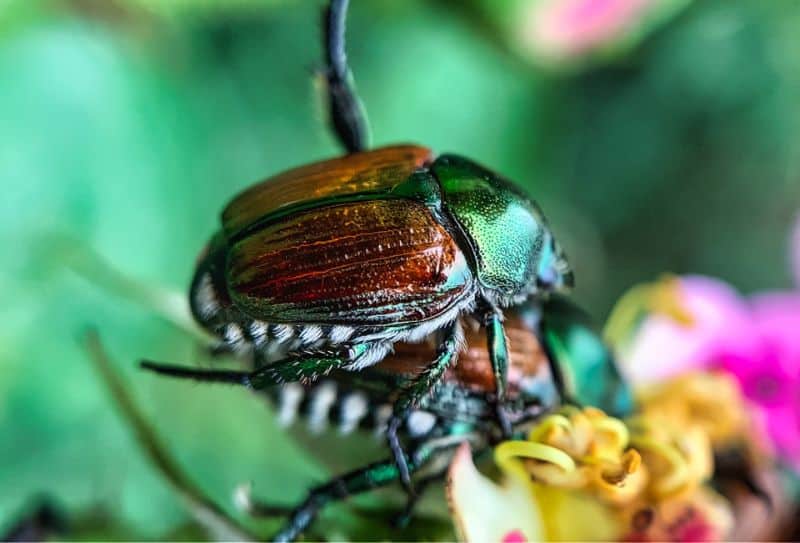In this article, we’ll take a look at what eats Japanese beetles and how you can use this information to control these pests. We’ll also discuss some natural ways to get rid of Japanese beetles. So, if you’re dealing with an infestation of Japanese beetles, keep reading for tips on how to get rid of them.
What Eats Japanese Beetles
What eats Japanese beetles? Surprisingly, there are quite a few creatures that enjoy Japanese beetle larvae and adults as a meal. This includes birds, mammals, reptiles, amphibians, arachnids, and insects. Out of all of these predators, the most common one is undoubtedly the bird.
Japanese Beetle Predators
Mantids
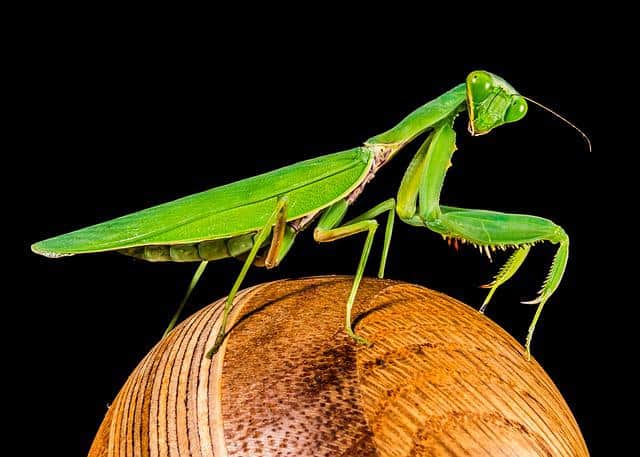
Mantids (Buy Eggs Online) are one of the most effective Japanese Beetle predators. They will sit and wait for an opportunity to strike, then snatch the beetle faster than the blink of an eye. Once they have their prey, they will consume it entirely. Adults are the main target for mantids, although larval Japanese Beetles are also eaten on occasion.
Parasitic Wasps (Tiphia)
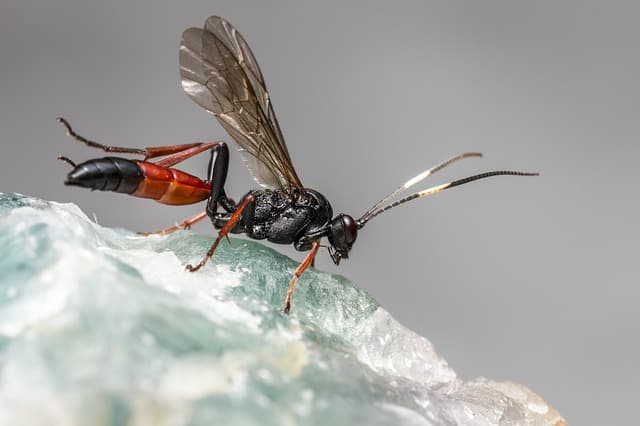
Parasitic Wasps (Buy Eggs Online) are a natural enemy of the Japanese beetle. These wasps lay their eggs inside Japanese beetles, and when the eggs hatch, the wasp larvae eat the beetle from the inside out. This is a very effective way to control Japanese beetle populations, as it kills adult beetles before they can cause more damage to crops.
Nematodes
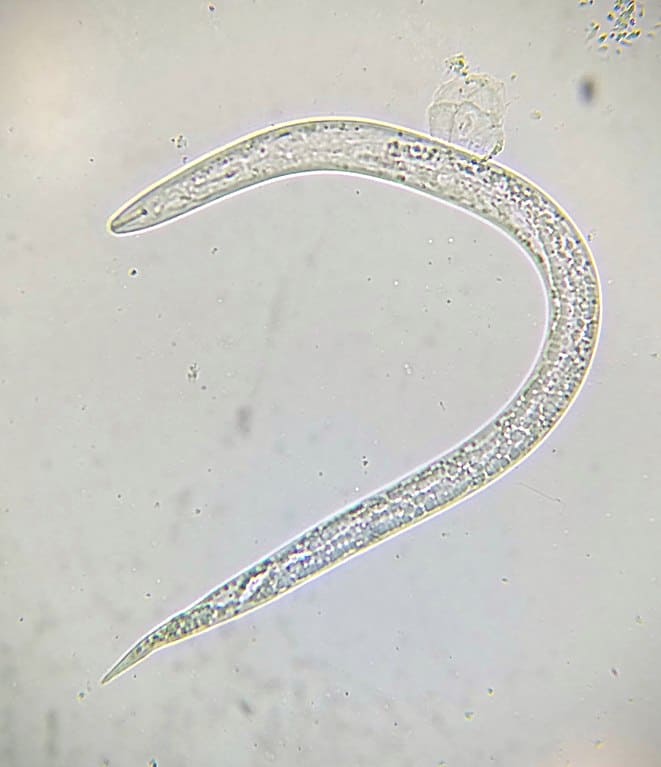
Nematodes (Buy Online) are parasitic worms that live in the soil and attack the larvae of Japanese beetles, crippling them before they can mature into adults. This is one of the most effective methods of controlling this garden pest before it can damage your plants. You can purchase nematodes at your local nursery/garden center or online (Click Here).
Spiders
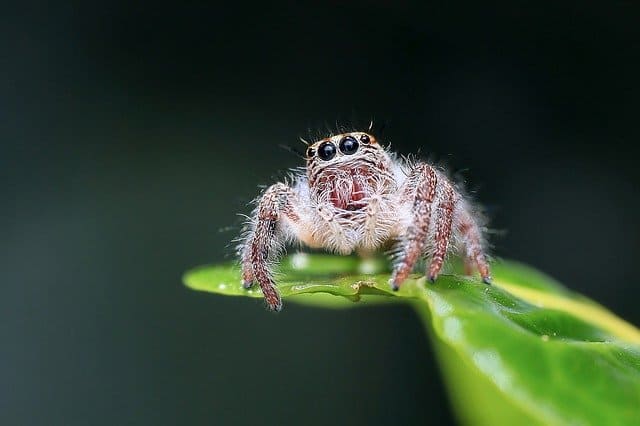
Spiders are natural predators of Japanese beetles. They can feed on the larvae and eggs of the beetle, as well as on the adult beetles themselves. There are several different types of spiders that prey on Japanese beetles, including orb-weaver spiders, brown spiders, funnel weaver spiders, crab spiders, wolf spiders, and even jumping spiders.
Assassin bugs
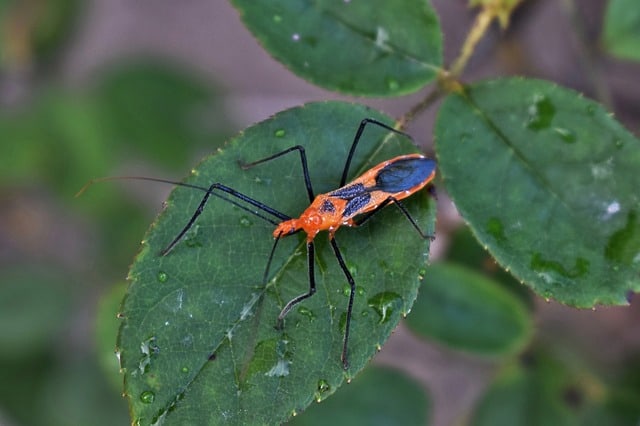
The assassin bug is a natural predator of the Japanese beetle. These bugs are specially adapted to hunt and eat Japanese beetles, and they are very effective at controlling their populations. If you have a problem with Japanese beetles in your yard, you can attract assassin bugs by planting plants that they like to eat, such as dill, parsley, or clover. You can also buy assassin bugs from online stores or garden centers.
Tachinid flies
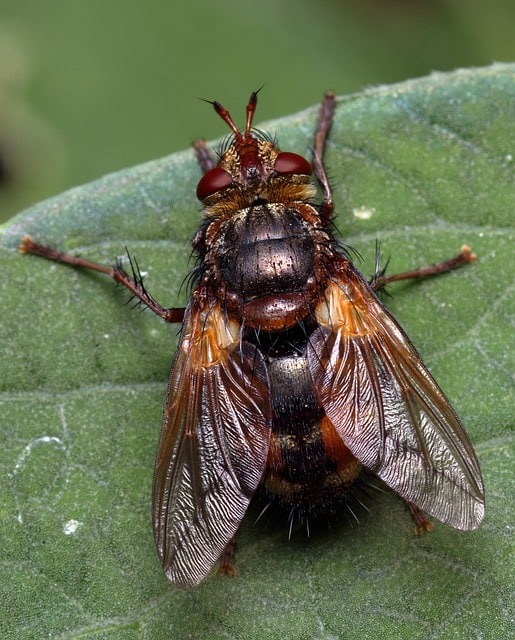
Tachinid flies are known for their ability to parasitize and kill a wide range of pests, including Japanese beetles. The female tachinid fly will lay her eggs on or near the host (in this case, a Japanese beetle). Once the eggs hatch, the larvae will then burrow into the beetle and start feeding on it from the inside out. This eventually leads to the death of the beetle.
Ants
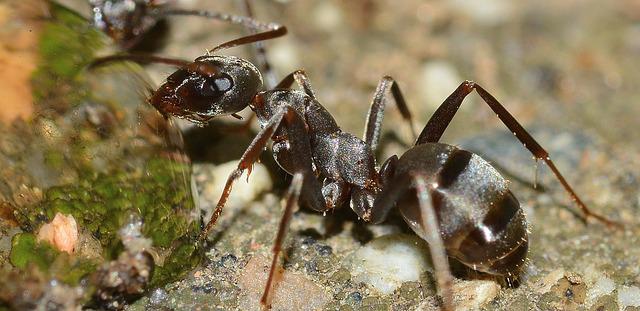
Ants will primarily feed on Japanese beetle larvae, which are easier to catch and kill than adult beetles. However, ants might attack sick or weak adults if they come across them. So, if you’re looking to reduce the population of Japanese beetles in your area, it might be helpful to encourage ants to stick around.
Ground beetles
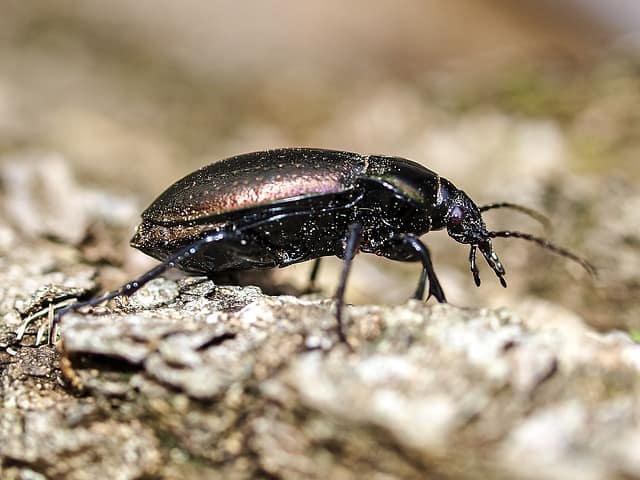
Ground beetles are effective Japanese beetle predators. They eat the eggs, larvae, and adults of Japanese beetles. There are many different species of ground beetle, so there is always some form of ground beetle present to prey on Japanese beetles. Gardeners can also encourage ground beetle populations by growing plants that provide food and shelter for them, such as clover, alfalfa, dandelions, ivy, and other dense vegetation.
Predatory Stink Bugs
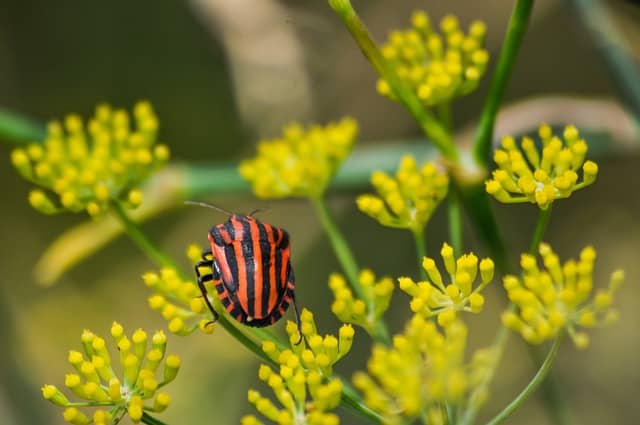
Predatory Stink bugs typically prey on caterpillars, beetle larvae, and other soft-bodied insects. Adult Japanese beetles can also be a target for them, as they are large and slow-moving. So using these bugs as a form of biological control may help to reduce Japanese Beetle populations.
Raccoons
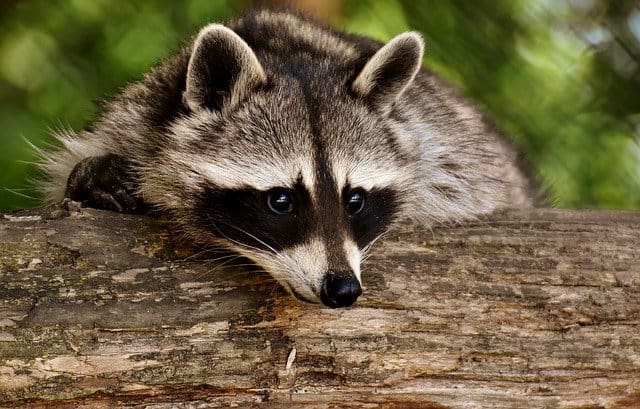
Japanese beetles are a favorite food of raccoons. They will eat the larvae, as well as the adults. If you have a lot of raccoons in your area, you may find that your Japanese beetle population is kept in check by these masked bandits!
Skunks
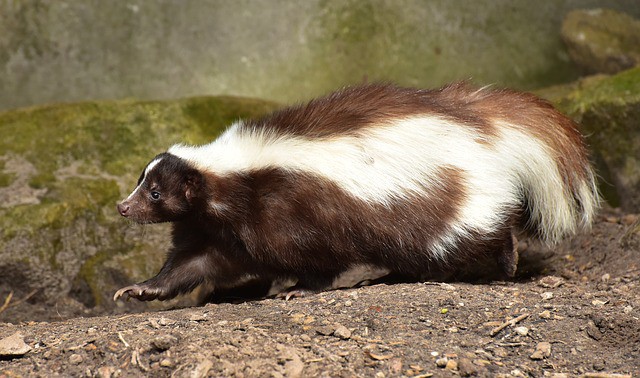
Skunks are particularly effective at controlling Japanese beetle populations since they routinely dig up lawns and gardens in search of grubs. And a single skunk can consume hundreds if not thousands of Japanese beetle grubs over the course of a season.
Moles
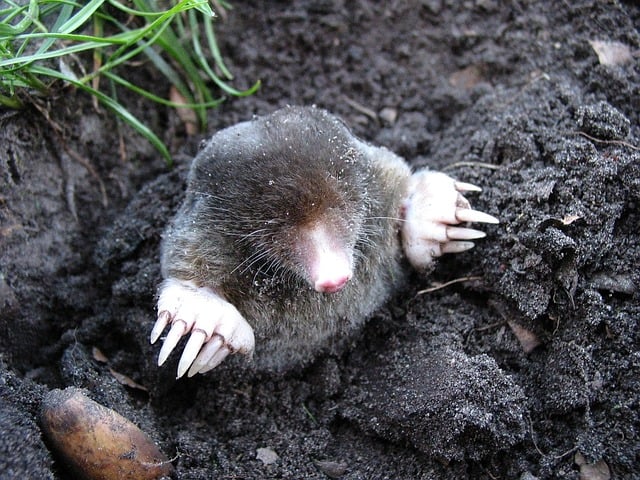
Moles can be beneficial animals because they help to control populations of harmful insects. They do this by digging tunnels underground where they hunt and eat insects.
Moles are especially effective at controlling Japanese beetle populations, so if you have a problem with these pests, you might actually want to have moles living in your yard.
Shrews
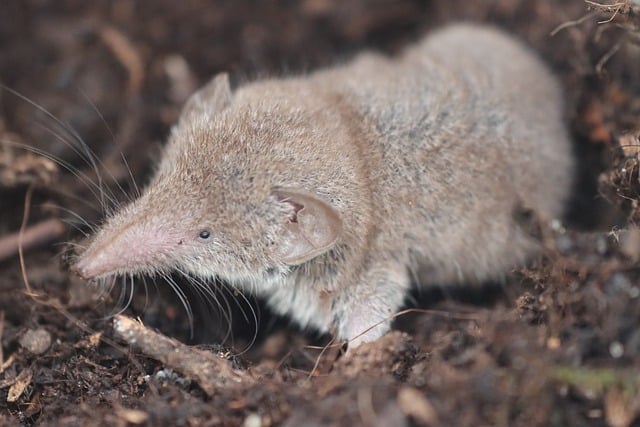
Shrews are small, mouse-like mammals that are found in most parts of the world. Although they are often regarded as pests themselves, they play an important role in controlling populations of other animals, including Japanese beetles. Shrews will consume large numbers of Japanese beetles during their lifetime, helping to keep their population in check.
Hedgehogs
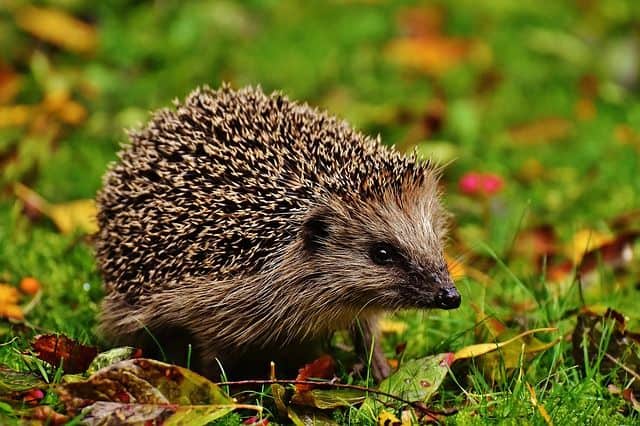
Hedgehogs are known to be voracious insectivores and will often consume massive numbers of beetles, both larvae and adults. And a single hedgehog can consume hundreds of insects in one night! This makes them ideal candidates for natural pest control in your garden or yard.
Robins
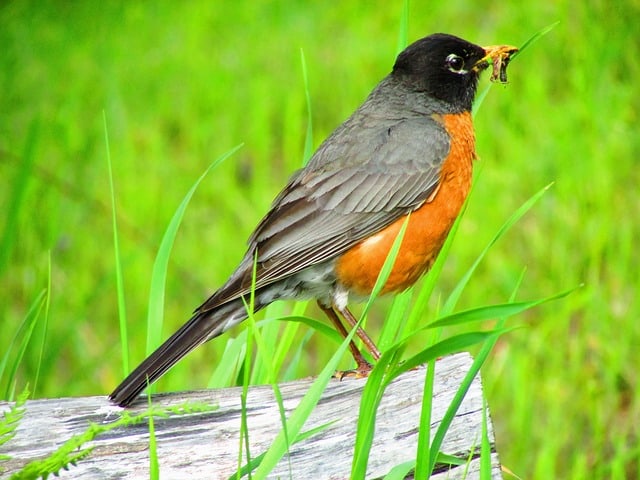
One common predator of the Japanese beetle is the robin. And if you have robins in your area, they may be helping to keep the population of Japanese beetles in check especially in the spring and early summer when they are feeding their young.
Crows
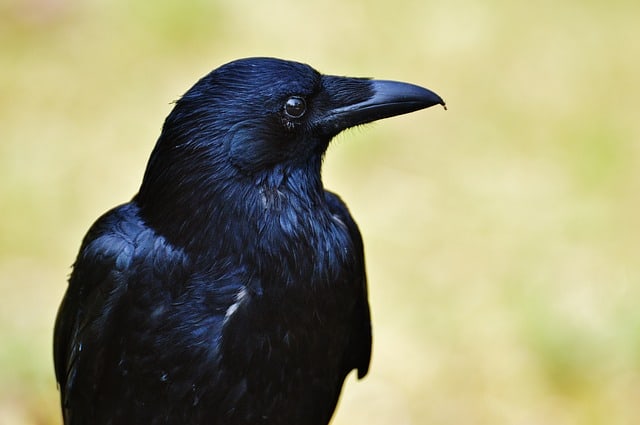
Crows are very smart birds, and they have learned how to take advantage of the Japanese beetle’s vulnerability. The beetles are slow flyers and easy prey for crows, who can spot them from a great distance. Crows also like to eat the larvae, so by eating the adults and larvae, crows can help keep populations of Japanese beetles under control.
Grackles
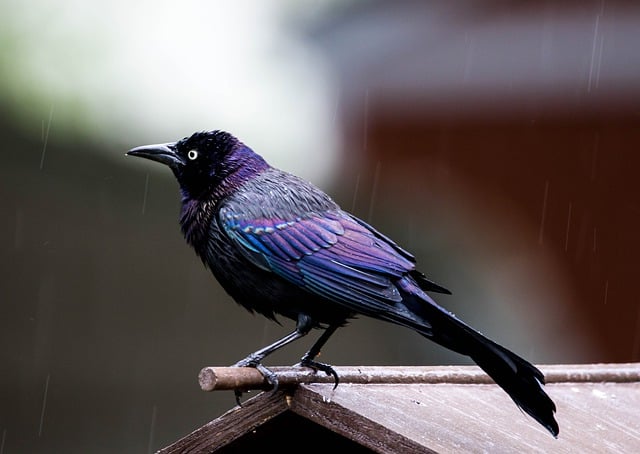
Grackles are the top predators of Japanese beetles in most areas. These iridescent black birds are almost as common as the beetles, and they eat both the adults and larvae. If there are enough grackles in your area, they will keep the beetle population under control. But if you don’t have any grackles, or if their numbers are low, you may need to entice them to visit your yard with some seeds or freshly turned soil.
Catbirds
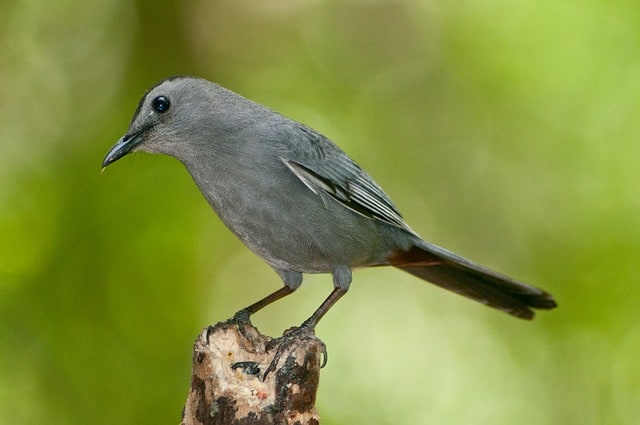
The catbird is a natural predator of the Japanese beetle. They eat them by plucking them off plants and eating them on the spot.
Sparrows
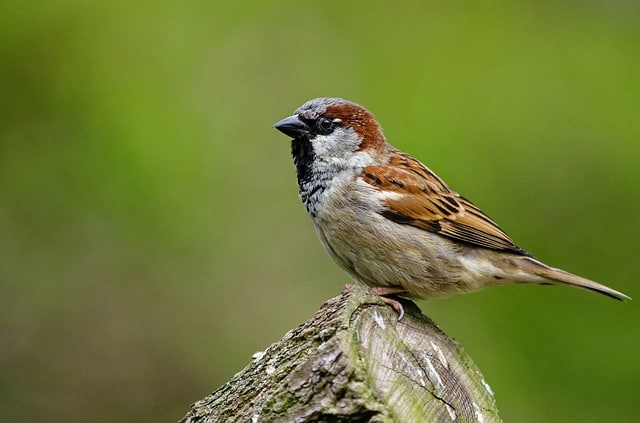
Sparrows are Japanese beetle predators and they are very adept at spotting and snatching up these tasty little morsels, and they can consume large numbers of them in a single day.
Bobwhites
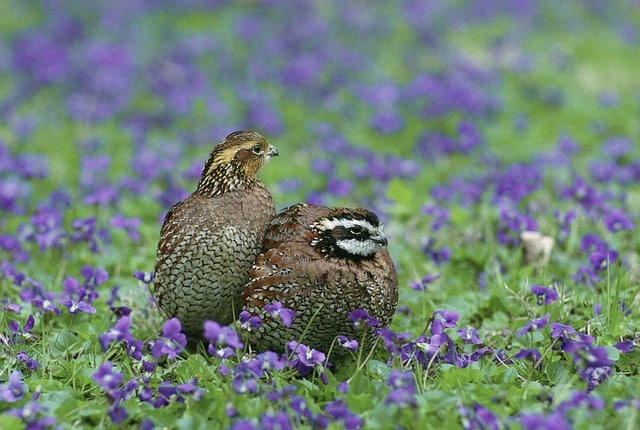
Bobwhites are a type of quail that is native to North America. These plump little birds love to dine on Japanese beetles, larvae, and all. So if you’re looking for a way to get rid of these pests, attracting bobwhites to your property may be a good solution.
Blue jays
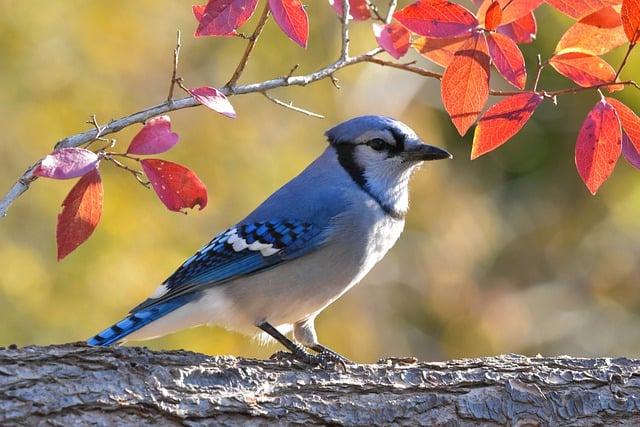
Blue jays are one of the primary predators of Japanese beetles. They are effective hunters, and can quickly dispatch a beetle with their sharp beaks. Jays usually cache food items for later consumption, and Japanese beetles make a particularly good snack item, so you’re likely to see them raiding your garden for adult beetles and grubs.
Eastern Kingbirds
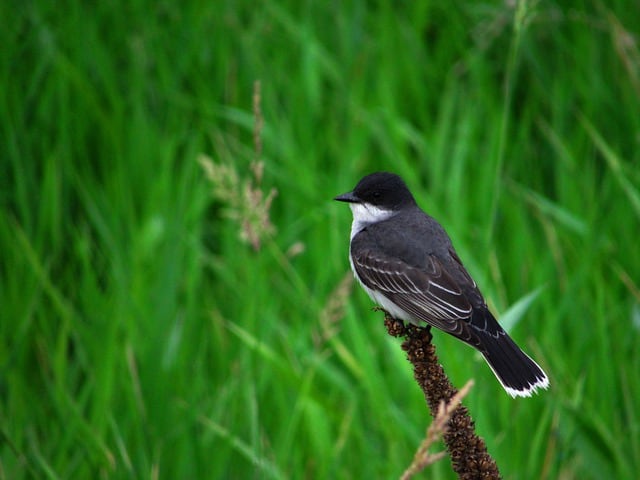
Eastern Kingbirds are a type of bird that preys on Japanese beetles. They sit on perches near plants where the beetles are feeding and snatch them up in midair when the beetles take off. They can eat quite a few of these pests every day, so they can be very helpful in controlling their populations.
Woodpeckers
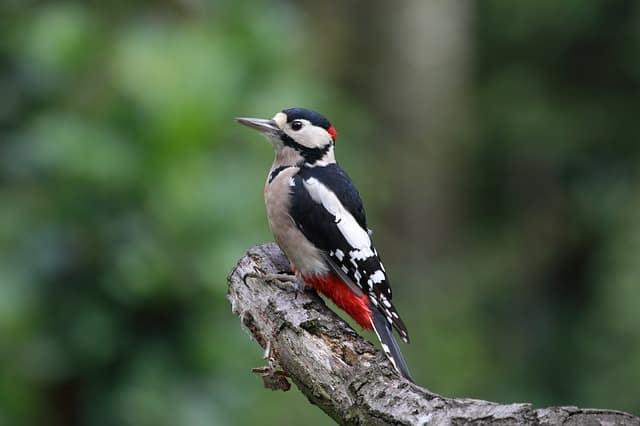
Woodpeckers will often search for beetles on trees and shrubs, where they are most likely to be feeding. These birds use their strong beaks to peck at the hard shells of the beetles, getting to the soft flesh inside.
Chickens
Chickens eat a lot of things, and Japanese beetles are one of them. They love to feast on the grubs of Japanese beetles, so if you have a problem with these pests in your garden, consider keeping a few chickens around to take care of them for you. Not only will your chickens help get rid of the Japanese beetles, but they’ll also provide you with some fresh eggs every day. Win-win!
Japanese Beetle Control
Japanese beetles are a pernicious pest in North America. They can cause significant damage to plants and can be difficult to control. There are several steps you can take to reduce the population of Japanese beetles in your yard, including using traps, removing infested plants, and applying pesticides.
Japanese Beetle Traps
Spectracide Bag-A-Bug Japanese Beetle Trap (Pack of 2)
The Spectracide Bag-A-Bug Japanese Beetle Trap (Buy Online) is one of the best traps you can buy to get rid of Japanese Beetles. This trap uses a dual lure system consisting of a pheromone and a floral scent to lure beetles into the trap.
The Spectracide trap is also effective at covering a large area – up to 5,000 square feet. This means that you won’t have to worry about Japanese Beetles damaging your plants even if you have a large garden or small farm.
The Spectracide trap is easy to set up and use, and it comes with a money-back guarantee, so you can be sure that you’re getting the best possible value for your money.
RESCUE! Japanese Beetle Trap – Reusable Bag – 2 Traps
The RESCUE! Japanese Beetle Trap (Buy Online) is an effective and eco-friendly solution for controlling Japanese Beetles. The trap uses a pheromone scent to attract the beetles, and once inside, the beetles cannot fly out.
The RESCUE! Japanese Beetle Trap is reusable – once full, the trap can be emptied and reused. And since it lasts an entire season, it’s a great value for your money. Plus, the RESCUE! Japanese Beetle Trap is safe to use around children and pets.
Japanese Beetle Insecticide
Bonide 196 Ready-to-Use Japanese Beetle Killer, 32 oz
Bonide Ready-to-Use Japanese Beetle Killer (Buy Online) is an effective way to control Japanese Beetles. The insecticide comes in a convenient spray bottle and can be used on vegetables, flowers, ornamentals, trees, and shrubs. The active ingredient in Bonide Ready-to-Use Japanese Beetle Killer is a Pyrethrin based insecticide that is effective against a wide range of insects. Best of all, Bonide Ready-to-Use Japanese Beetle Killer is fast-acting and will kill Japanese Beetles within 24 hours of application.
Japanese Beetle Grub Insecticide
Milky Spore Japanese Beetle and Other Beetle Killer, 10 Ounce
Milky Spore Japanese Beetle Killer (Buy Online) is an all-natural insecticide that is highly effective at killing Japanese beetle grubs. The powder contains a bacteria that is deadly to the grubs but does not harm beneficial insects.
Milky Spore can last up to 10-20 years in the soil, and only requires 1 teaspoon of powder for every 4 square feet. This makes it an ideal treatment for large areas, such as yards or gardens.
In addition, Milky Spore is safe to use around children and pets. With its long-lasting efficacy and all-natural ingredients, Milky Spore Japanese Beetle Killer is the perfect way to keep your yard free of Japanese beetle grubs.
What Eats Japanese Beetles
Do Birds Eat Japanese Beetles?
Birds love to eat Japanese beetles. They are a preferred food item for many different types of birds, including bluebirds, robins, cardinals, and warblers.
Do Chickens Eat Japanese Beetles?
Chickens will eat Japanese beetles if they are given the opportunity. While chickens do not typically seek out these insects as prey, they will consume them if they are present in their environment. This can help to reduce the overall population of Japanese beetles in your yard or garden.
Do Barn Swallows Eat Japanese Beetles?
Barn swallows will eat Japanese beetles if they are around. These small birds are insectivores and will typically consume any insects they can find. This can include anything from BEES to WASPS to MOTHS to FLIES. While Japanese beetles may not be the preferred meal for barn swallows, they will still eat them from time to time.
Do Blackbirds Eat Japanese Beetles?
Blackbirds do eat Japanese beetles. They are known to be quite voracious predators of these pests. This is good news for gardeners and farmers who often deal with damage from these insects. Blackbirds will typically eat both the adult beetles as well as the larvae, which helps reduce the overall population of this destructive insect.
Do Ladybugs Eat Japanese Beetles?
No, ladybugs primarily feed on small soft-bodied insects such as aphids. Japanese beetles are large and hard-bodied, so they’re not typically a food source for ladybugs. However, ladybugs might eat Japanese beetle larvae.
Do Assassin Bugs Eat Japanese Beetles?
Yes, assassin bugs eat Japanese beetles, and they are quite efficient at controlling beetle populations. If you have a problem with Japanese beetles, you might want to consider releasing some assassin bugs into your garden to help keep the population under control.
Do Dragonflies Eat Japanese Beetles?
Japanese beetles are not a common prey item for dragonflies. However, dragonflies will occasionally eat Japanese beetles if they are small enough and there are no other suitable prey items available.
Dragonflies use their sharp jaws to capture and kill their prey. They typically eat their prey while in flight, but can also consume large prey items by landing and eating them on a perch or the ground.
Do Bats Eat Japanese Beetles?
It’s unlikely that bats would eat many Japanese beetles since they are active at different times of day – Japanese beetles are most active during the daytime, while bats are typically nocturnal creatures. However, Japanese beetles might be attracted to light sources at night, which could bring them into contact with bats, but it’s unlikely that the two animals would interact with each other very much.
Do Cardinals Eat Japanese Beetles?
Cardinals do eat Japanese Beetles. Cardinals are omnivores and will eat a wide variety of insects, fruits, and seeds. Japanese Beetles are a common prey item for cardinals, as they are an excellent source of protein.
Do Ducks Eat Japanese Beetles?
Yes, if ducks come across Japanese beetles on the ground, they will eat them. However, Japanese beetles typically don’t live in and around water, so ducks wouldn’t necessarily seek them out. Ducks are more likely to eat insects that are found near water sources since that’s where their food is typically found.
Do Guinea Fowl Eat Japanese Beetles?
Guinea fowl will eat both adult Japanese beetles and their grubs. This makes them a useful tool for organic gardeners looking to control these pests. Guinea fowl will also eat other types of insects, so if you have them around your home or garden, they can help to keep the bug population down.
Do Praying Mantis Eat Japanese Beetles?
Praying mantises will eat Japanese beetles! They’re generalists when it comes to their diet, so they’ll also consume other insects like moths, crickets, and flies. If you have a Japanese beetle problem and are looking for a natural way to get rid of them, consider introducing praying mantises to your garden.
Do Wasps Eat Japanese Beetles?
Wasps do eat Japanese beetles early in the season, when they need protein-rich foods to feed their young, and wasps can be especially fond of these pests. If you have a problem with Japanese beetles, attracting wasps to your yard could be a good natural way to help keep their population under control.
Do Frogs Eat Japanese Beetles?
Frogs will eat Japanese beetles if they come across them, but their paths rarely cross since the beetles tend to prefer different habitats than what frogs prefer. frogs typically inhabit wetlands, ponds, and bodies of water whereas the beetles are found in wooded areas. But, if a frog does happen to stumble across a beetle it will most likely eat it since its diet consists of small insects and invertebrates.
Do Sparrows Eat Japanese Beetles?
Sparrows do eat Japanese beetles and if you have a problem with Japanese beetles in your garden, attracting sparrows to the area could help to control the population.
Do Bluebirds Eat Japanese Beetles?
Yes, bluebirds eat Japanese beetles. They are attracted to the beetles’ bright colors and actively seek them out as a food source. The beetles provide the birds with high-quality protein, which is especially important for young birds during their early stages of growth.
Do Garter Snakes Eat Japanese Beetles?
Garter snakes are known to eat a variety of different prey items, so it’s possible they would consume Japanese beetles if given the opportunity. However, it’s worth noting that garter snakes typically prefer smaller easier to digest prey items like soft-bodied insects, small mammals, and amphibians. So if there are plenty of other food sources available, a garter snake is unlikely to go after something as hard and prickly as a Japanese beetle.
Do Nematodes Eat Japanese Beetles?
Nematodes are natural predators of Japanese beetle grubs and they will eat them from the inside out. This is a great way to control these pesky pests without having to use chemical pesticides.


